IAASM
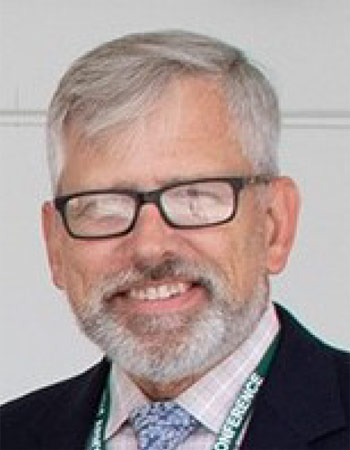
Dr John Crowley - Chancellor
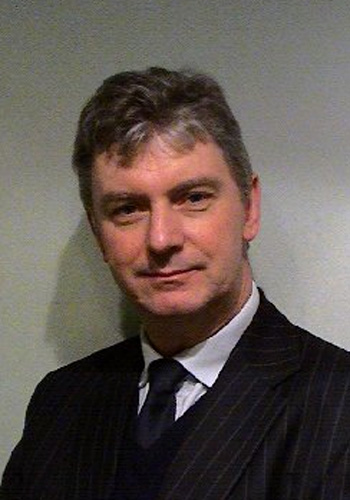
Dr Desmond M. Connolly
PhD MA MB BS DAvMed MRAeS FAsMA
Des has worked as a specialist in aviation medicine and Principal Investigator in the Aircrew Systems/Human Performance teams at QinetiQ since 2001. Together with 16 years as a Royal Air Force medical officer, he has over 36 years’ experience in the field of aerospace medicine. He provides support to a wide range of human research activities at QinetiQ, with particular interest in altitude and acceleration protection.
He has supervised over 1000 human altitude chamber exposures, including about 500 rapid decompressions, and over 10,000 human exposures to sustained high +Gz acceleration on man-carrying centrifuges. He spent 10 years investigating visual effects of hypoxia (oxygen deficiency) in dim light, completing a vision research PhD on this topic at City University London. Some of this work was recognised internationally with the 2010 Tuttle Award of the Aerospace Medical Association for original research making “the most significant contribution toward the solution of a challenging problem in aerospace medicine”.
More recently he has worked on the association between brain white matter changes and altitude exposure and is the UK technical representative on the NATO working group collaborating on this topic. He is also conducting research into biomarker responses to decompression stress. He was appointed on merit to QinetiQ Fellow (senior scientist) in 2014 and to Senior Fellow in 2019.
He has contributed to leading UK and US textbooks of aerospace medicine, on the topics of hypoxia, hyperventilation and decompression and is an examiner and lecturer for the Diploma in Aviation Medicine Course at King’s College London. He has been a member of the International Academy of Aviation and Space Medicine since 2016 and a Fellow of the Aerospace Medical Association.
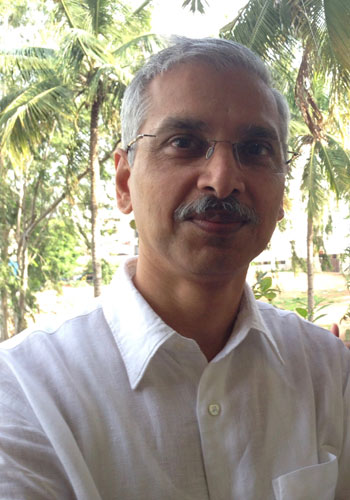
Sanjiv Sharma
M.B;B.S, M.D. (Aerospace Medicine), FACAsM
Currently senior medical officer at the Civil Aviation Safety Authority, Australia. Earlier served in the Indian Air Force and at the Singapore Aeromedical Centre. A recent convert to peer support and nascent practitioner of salutogenic approach to health and well-being. Interests in aeromedical decision making and aerospace physiology and human factors training.
A Fellow of the Australasian College of Aerospace Medicine (ACAsM), the Aerospace Medical Association (AsMA) and the Indian Society of Aerospace Medicine (ISAM); an academician of the International Academy of Aviation and Space Medicine (IAASM); and, a member of the Human Factors and Ergonomics Society (HFES), the Australasian Society of Aerospace Medicine (ASAM) and the Australasian Medical Review Officers Association (AMROA).
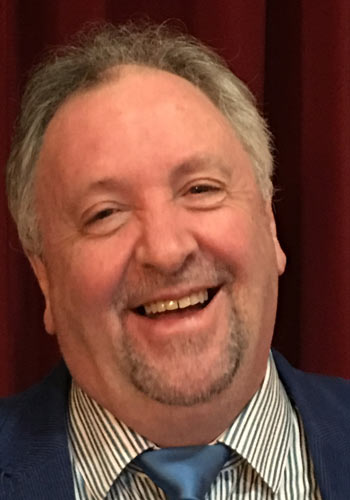
Dr Roland Vermeiren
Dr Roland Vermeiren has worked for 15 years as General Practitioner, 10 years as AME in the medical service of SABENA (former Belgian airline) and 26 years as the head of the Medical Service of EUROCONTROL and chair of the EUROCONTROL Medical Board.
He is also a cofounder and past president of ESAM, past president of AsMA, member of the International Academy of Aviation and Space Medicine; he was past Vice Chair of the Inter-Institutional Medical Board of the European Institutions and Agencies, chair of the Scientific Committee of this IMB, member of the former JAA medical committee, is representative of the aeromedical sector in the EASA SAB (Stakeholders Advisory Board), member of the EASA ATM Technical Committee, member of the EASA Medical Experts Group and chair or member of the EASA Rulemaking Groups of part MED aircrew, part MED ATCO, part MED ARA and ORA.
He's been as a presenter at many international aviation medicine congresses such as ECAM, ICASM, AsMA and others.
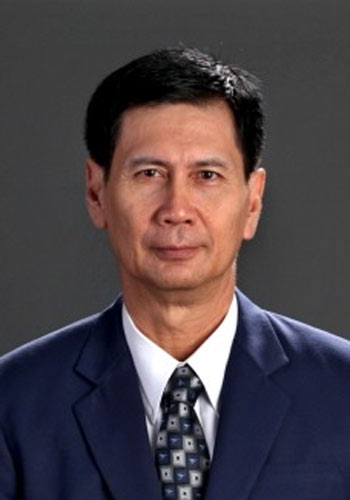
Sutuspun Kajornboon
M.D., DAvMed
A retired Royal Thai Air force flight surgeon after 25 years’ service and practiced civil aviation medicine as AME for FAA, Transport Canada and CAAT since 1990. Presently working as Director of Bangkok Civil Aeromedical Center in Thailand, Airline Medical Consultant, sick or invalid patients “fit for air transport” consultant for several hospitals and assisting Civil Aviation Authority of Thailand as Aviation Medical Assessor.
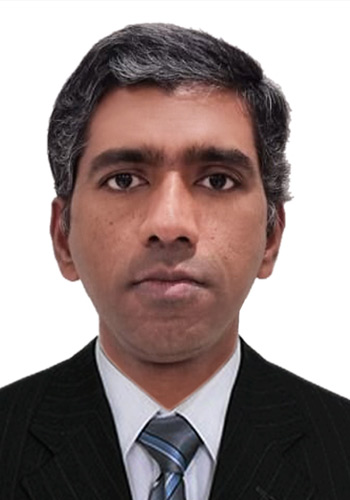
Sasirajan Jeevarathinam
M.B.B.S., M.D. (Aerospace Medicine), DAvMed, M.AeSI
Sasirajan is working with Royal Air Force of Oman since 2012 as ‘Aviation Medicine Specialist’ at an air base as well as an ‘Aeromedical Instructor” at Aviation Medicine Training Centre, Muscat. Earlier served at Apollo Hospitals (Chennai) which is a DGCA empanelled Class I medical centre as AME and ‘Authorized Immigration Panel Physician’ for USA, Australia and Canada.
He is the recipient of ‘Aviation Medicine Scholarship Award 2008’ from the International Academy of Aviation and Space Medicine (IAASM) and ‘Presidents Gold Medal 2009’ from the Indian Society of Aerospace Medicine. He is an ‘Associate fellow’ of the Indian Society of Aerospace Medicine (ISAM), ‘Academician’ of the International Academy of Aviation and Space Medicine (IAASM). He is a ‘Member’ of Aerospace Medical Association and Aeronautical Society of India.


